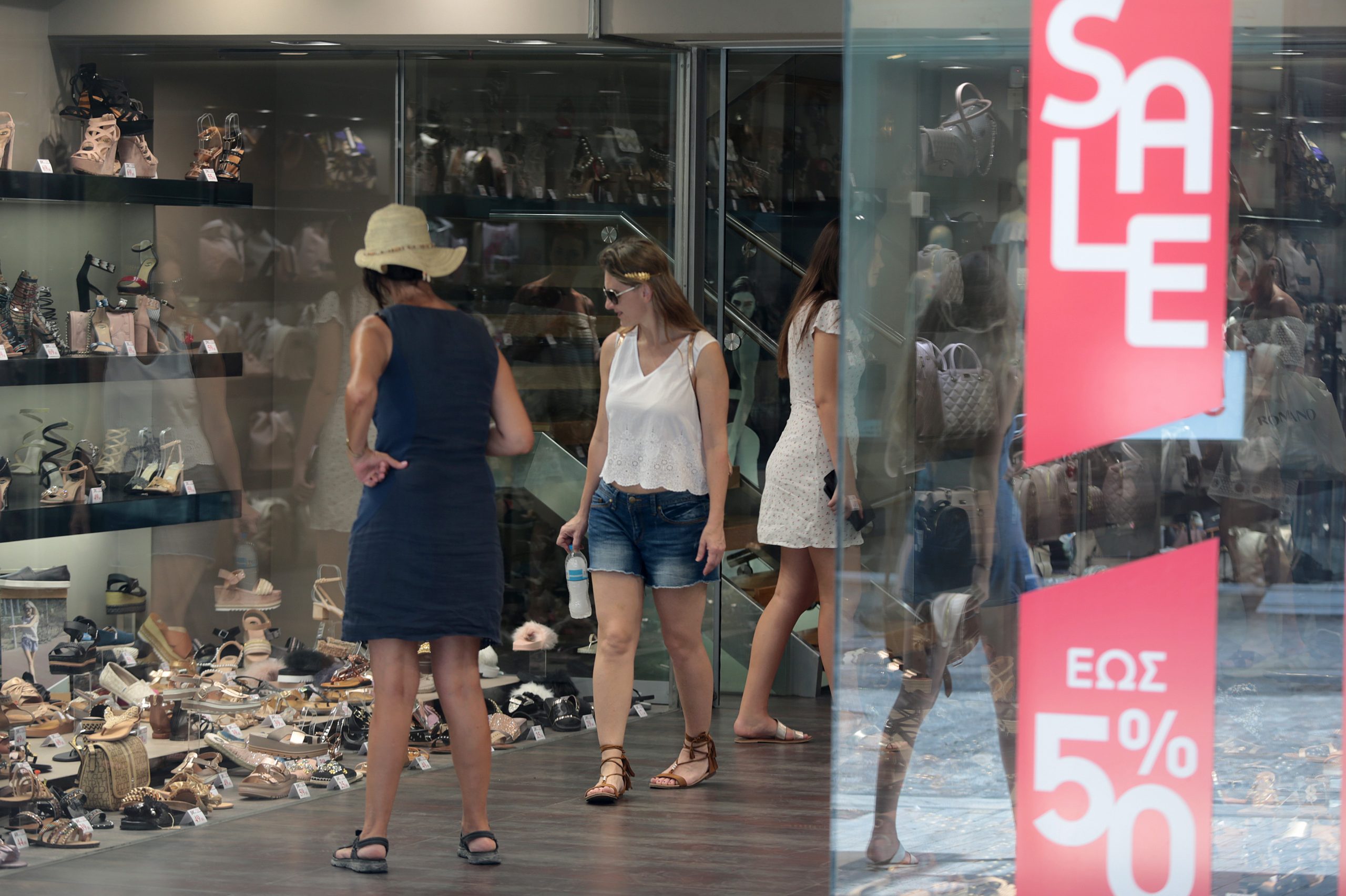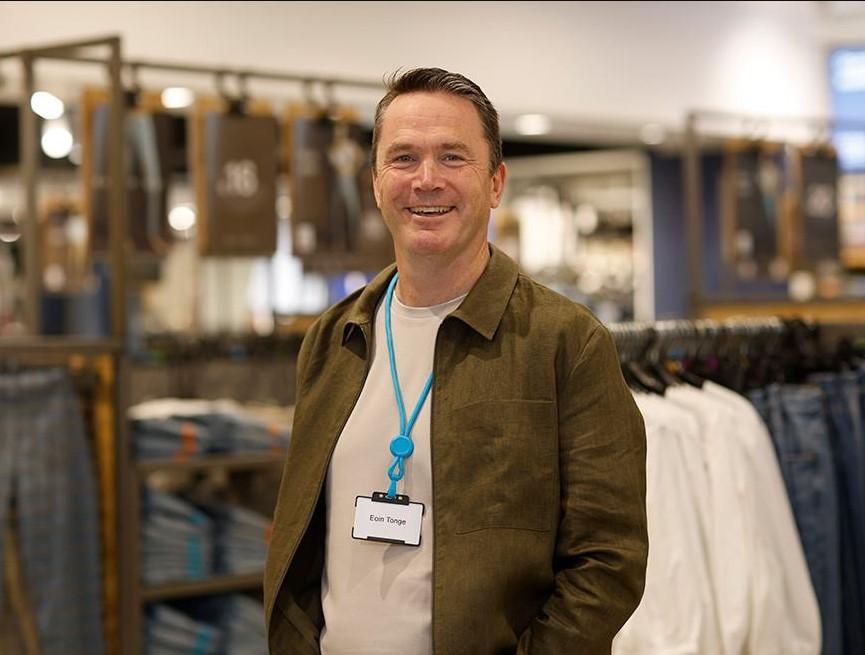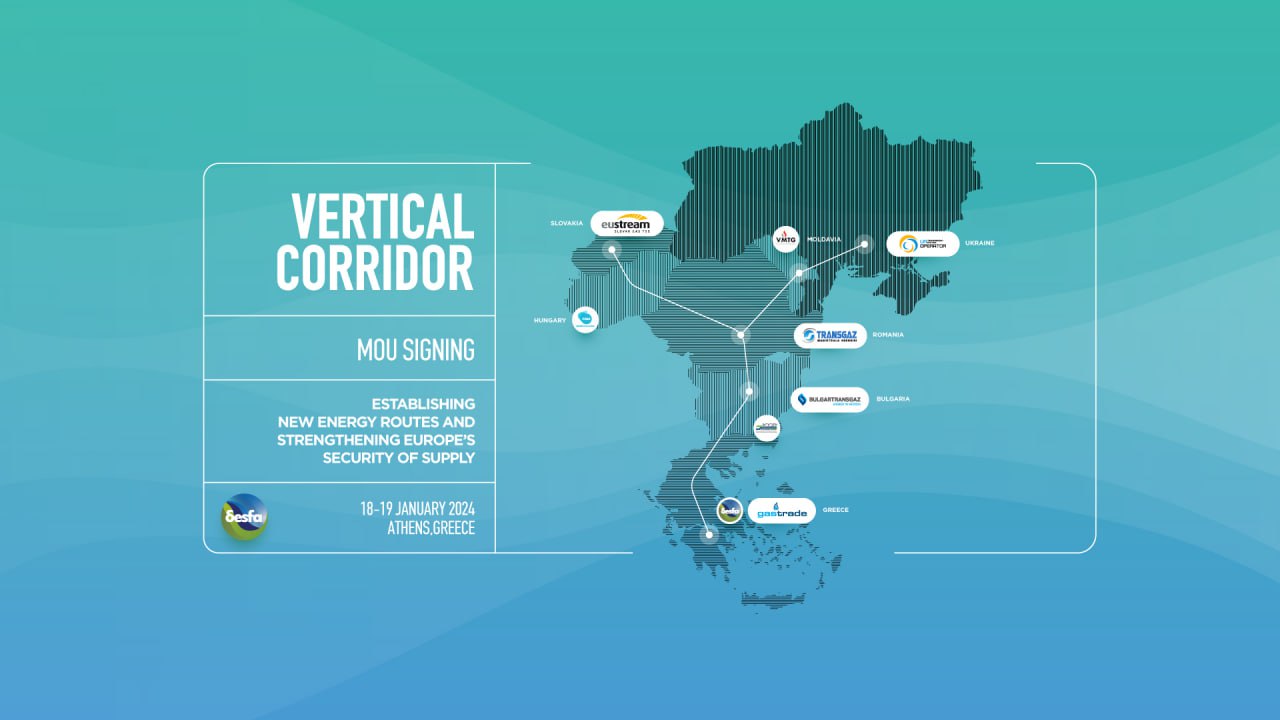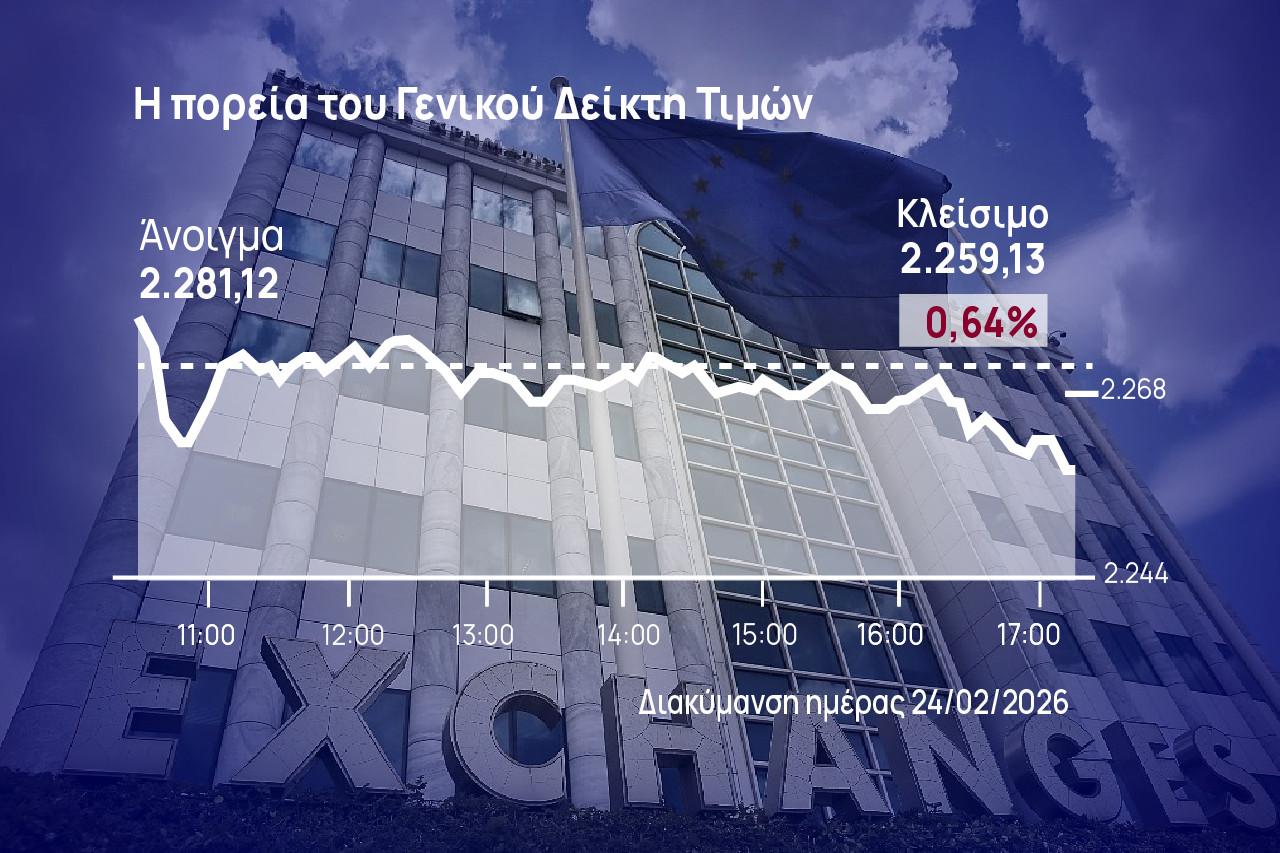Greeks are cutting back on visits to the baker, the butcher, and the greengrocer, chasing supermarket discounts, and hunting for clothes in secondhand shops in order to make ends meet, according to data at the Hellenic Statistical Authority (ELSTAT).
Consumption is slowing as households remain under pressure from prolonged high prices. Retail trade in the first quarter of 2025 posted sluggish growth, with turnover increasing only 0.6% compared to the first quarter of 2024. Considering that during the same period the average inflation rate rose four times faster (2.6%), this indicates a clear drop in consumption volume due to shrinking purchasing power.
In absolute terms, retail turnover reached around €16.16 billion, of which nearly €10 billion related to food, vehicles, and fuel.
Compared to the last quarter of 2024, which includes the holiday shopping season, consumption plummeted, with turnover down by -16.6% (compared to -15.9% in 2024).
Shopping from the Bargain Bins
The most worrying signs come from elsewhere: More than half of all retail sectors (27 out of the 43 tracked by ELSTAT) saw annual turnover decline, some by as much as -14.6%. On a quarterly basis, nearly all retail store categories saw turnover dive, in some cases by as much as -55%.
Even among the categories that did see growth, the top two were secondhand goods stores (+30.7%) and textiles-clothing-footwear sold at open-air markets.
This suggests that Greek households, squeezed by persistent inflation, are turning to cheaper options for flexible expenses (clothes, shoes, home linens), literally shopping from bargain bins.
The countless secondhand clothing stores, often selling worn and frayed items, are gradually edging out neighborhood shops. Similarly, market stalls and fair vendors—mainly selling low-quality Chinese apparel, footwear, or home goods—are drawing customers away from higher-quality neighborhood stores. It’s worth noting, however, that part of the recorded increase in turnover at open-air markets is also due to the requirement for vendors to accept card payments.
Shoes (Not) from Your Hometown
Despite winter sale offers, most specialized stores not only failed to benefit but saw significant drops in turnover. The most striking case was shoe stores, with an annual turnover decline of -7.2%.
For small footwear stores especially—perhaps more than clothing stores—the competition is increasingly coming from abroad. Online platforms based outside Greece are sweeping the market with competitive prices.
The Slow Death of the Small Retailer
The second worrying trend concerns small and medium-sized enterprises (SMEs), considered the “backbone” of the Greek economy.
Across all SMEs in retail trade, turnover in the first quarter of 2025 reached approximately €9.2 billion, down 2.1% from €9.42 billion in the first quarter of 2024.
Excluding vehicles, food, and fuel sectors, turnover among retail SMEs stood at €4.23 billion in the first quarter of 2025, down -1.1% from €4.27 billion in the same period of 2024.
Redistribution in Favor of the Big Players
The downward trend in SME turnover reflects a broader redistribution of the consumption pie in favor of larger players.
Supermarkets are among the biggest winners, with turnover up 3.9% in the first quarter of 2025 compared to the same period in 2024, reaching a total of €4.37 billion.
Consumers are not only cutting back on non-essential expenses to afford food and essentials, but are also skipping visits to the neighborhood greengrocer, butcher, and even baker.
Almost all types of specialized food stores saw turnover drop: Greengrocers -5.9%, butchers -3.5%, bakeries -2.7%. Since all of these categories saw significant price increases during the same period, the reduced turnover indicates a major decline in sales volume.
Other shopping categories that households “cut” to make it through the month include mobile phone and consumer electronics stores (-14.6%), home linen stores (-3.7%), carpet stores (-4.8%), and footwear stores (-7.2%). Sales in these retail categories are either declining or stagnating—clothing stores saw just a marginal turnover increase of 0.4%.
Consumption is Changing
The rapid spread of secondhand stores is troubling traditional retailers, especially in the clothing sector, which is under intense pressure.
Just a few days ago, the Athens Traders Association officially requested that DIMEA (the Interagency Market Control Unit) look into the issue, arguing that they are facing unfair competition.
Now that DIMEA is being dissolved and integrated into a new entity, it will presumably carry over the responsibility of monitoring the secondhand market.
It’s worth noting that these secondhand shops—known as “thrift shops” by Generation Z—are increasingly attracting younger consumers who are tired of fast fashion and are trying to create their own style on a budget.
Source: Tovima.com

![e-ΕΦΚΑ: Πώς θα παραμείνουν ασφαλιστικά «καλυμμένοι» οι αγρότες [πίνακας]](https://www.ot.gr/wp-content/uploads/2024/12/ot_agrotis_sitari.png)








































